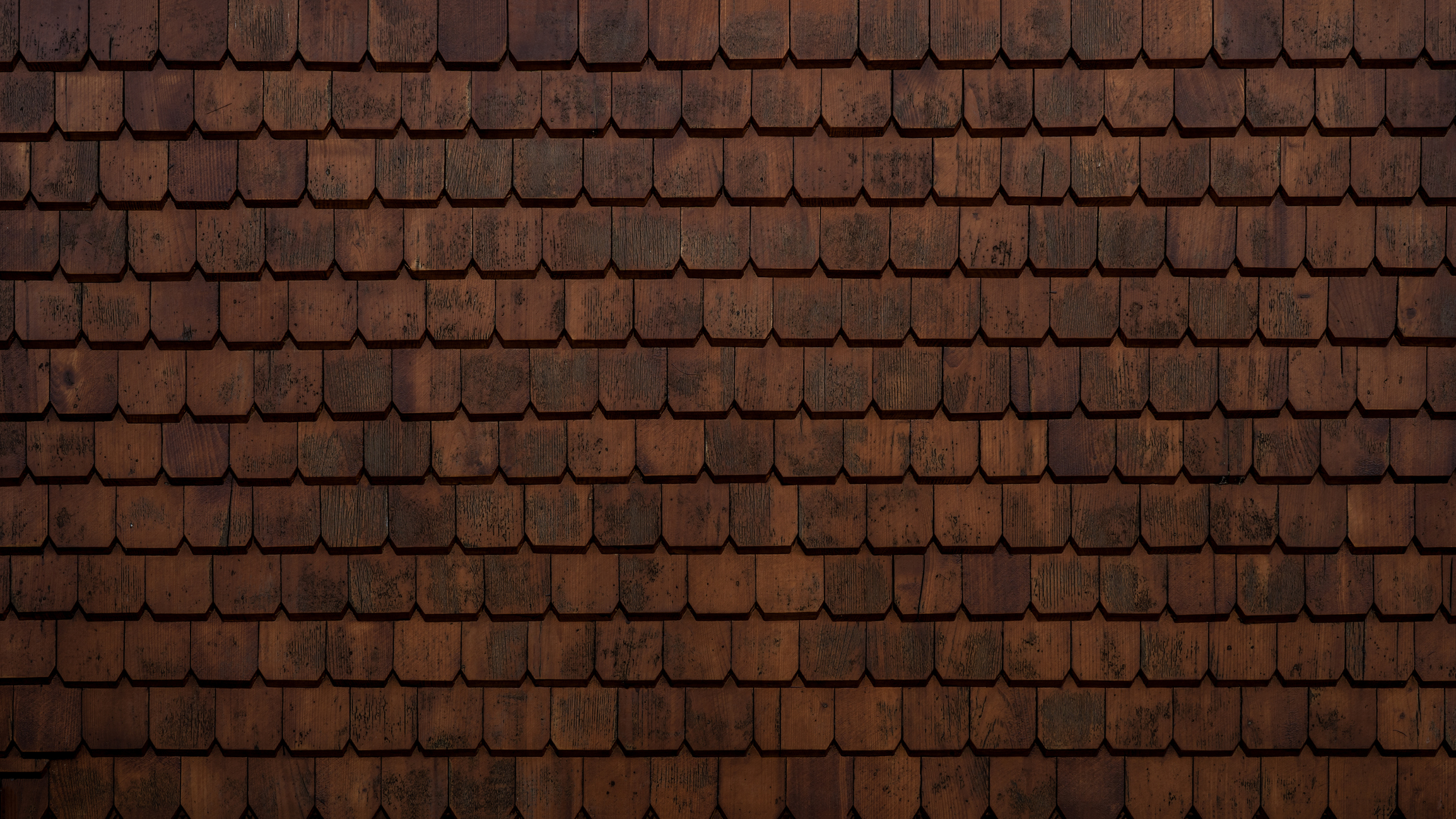A recent TV advert encapsulates perfectly the multitude of challenges facing the Hospitality sector in the era of Covid-19. It features a café owner giving advice on how to make ‘the perfect flat white’ – the instructions begin as expected, but quickly grow into a long list of extra steps – ‘keep socially distant’, ‘separate tables 2 metres apart’, ‘regularly sanitise all surfaces’ and so on. By the end of the advert, our owner stands exhausted in the middle of a Covid secure café, holding out the perfect flat white.
By the time this article is published, the quarterly rent payment date for most commercial tenants of Christmas Day will have passed, and with it the crucial ‘Christmas Party’ season for pubs, restaurants and hotels. On the assumption that a return to true normality via a widespread vaccination program is still months away, the following are a few suggestions for Hospitality tenants looking to maximise space and revenue, without upsetting your landlord, the Council, or your neighbours, in 2021:
Outdoor Seating
Households or ‘bubbles’ meeting outside looks set to remain popular in early 2021, however utilising outdoor space adjacent to your property is not as simple as putting out some tables, chairs and a space heater. If the space you are considering is a publicly owned pedestrian footpath, then you will most likely require a ‘pavement licence’ from your local authority, granted under the Highways Act 1980[i]. The government has recently streamlined this process to allow a licence to be granted to businesses selling food and drink with a five working day turnaround. The licence fee is capped at £100 and can run until up to 30 September 2021 at time of writing. You will need to use removable furniture which can be stored inside when your business is closed, and provide evidence that such seating will not obstruct the pavement and be in line with any Covid conditions at that time.
On a similar note, if the space you want to occupy is owned by your landlord but not within your demise (consult the lease plan annexed to your lease), for example a shared courtyard or private garden, then you will need to approach your landlord for a licence to occupy. Your landlord (or whoever owns the relevant private space) will be under no obligation to grant you a licence, so it will be a matter of commercial negotiation between the parties to settle on parameters and most importantly a licence fee. One of the features of a licence is that it is easily terminable by either party, so be careful to comply with the terms of the licence or your new outdoor seating area may be short lived.
Nuisance
Speaking of keeping other parties onside, having extra seating outside, especially in residential areas, may lead to an uptick in noise and even smell complaints from neighbours. It is important to keep an eye on rubbish, leftover food and patrons eating and drinking in the evening where there may be a reasonable expectation of peace and quiet. Noise complaints will be dealt with by the Council, but your lease will almost certainly include a covenant not to use your property in a manner which may cause nuisance or inconvenience to other tenants, your landlord or neighbours. Our Summer 2020 QIA considered a socially distanced queue outside a takeaway, which was blocking the entrance to a clothing boutique next door, and is useful reading in this context.
Indoor Seating
Tier 1 restrictions currently allow small groups being allowed to mix indoors, with the relevant distancing and track and trace check ins in place. If you are putting up temporary barriers between tables inside, then this will most likely fall within what is known as ‘internal demountable partitioning’ and not require landlord’s consent, on the basis it is easy to remove. Similarly, if you are just removing tables in order to allow 2 metres between each booking then this should not require a formal licence to carry out works from your landlord. However, if you are considering permanent alterations – such as an improved ventilation system – then we recommend consulting your lease and your landlord for their requirements.
Premises Licence[ii]
If you serve alcohol, any alterations you make to the layout of your premises which differ from the plan you submitted to your local Council with your initial application will require an application to vary a premises licence. Small changes may be able to be dealt with by a ‘minor variation’ to your existing licence. If your changes are more wholesale, then a full application will be required.
Summary
2020 has thrown unprecedented challenges at the Hospitality
sector, with businesses having to review and react to changing guidance and
lockdowns, as well as making painful staffing decisions. In 2021, it is
important to ensure that any short term gain from a few extra covers outside
does not lead to long term pain through a breach of your lease, your premises
licence, complaints from neighbours or a visit from the Council.
[i] https://www.gov.uk/government/publications/pavement-licences-draft-guidance/draft-guidance-pavement-licences-outdoor-seating-proposal
[ii] https://www.gov.uk/premises-licence/chorley/change





